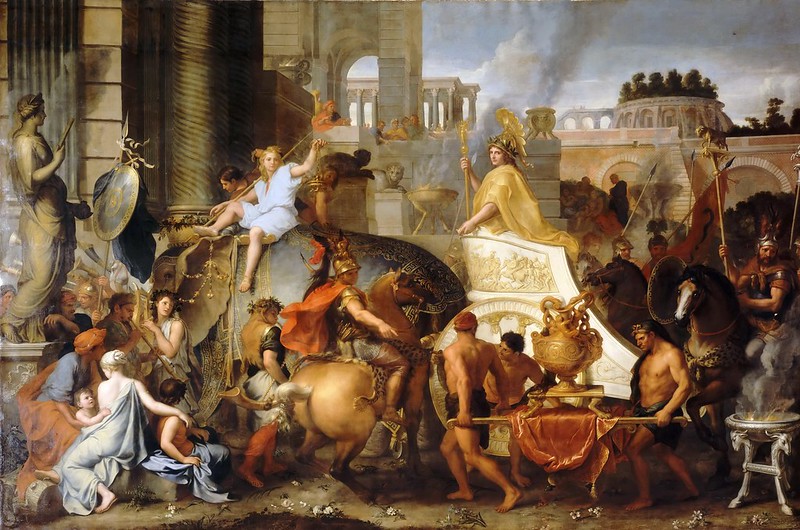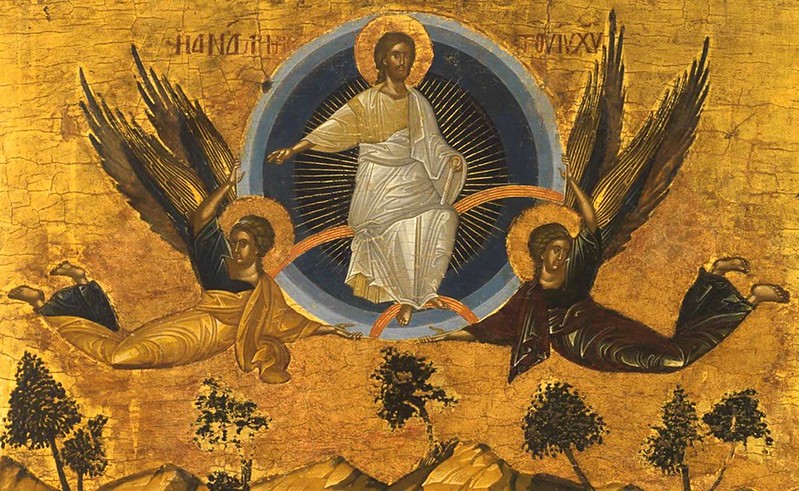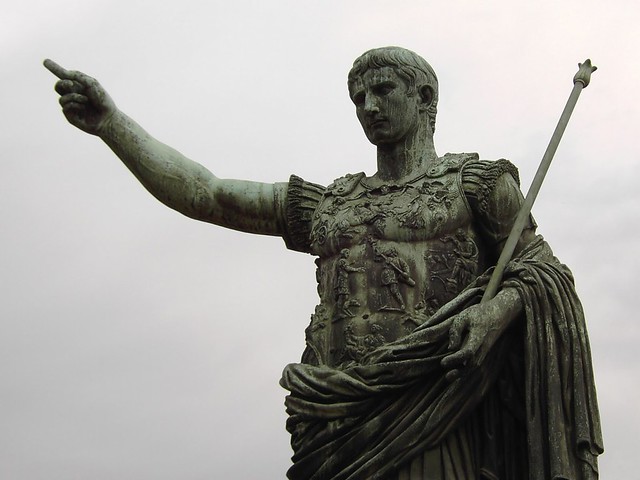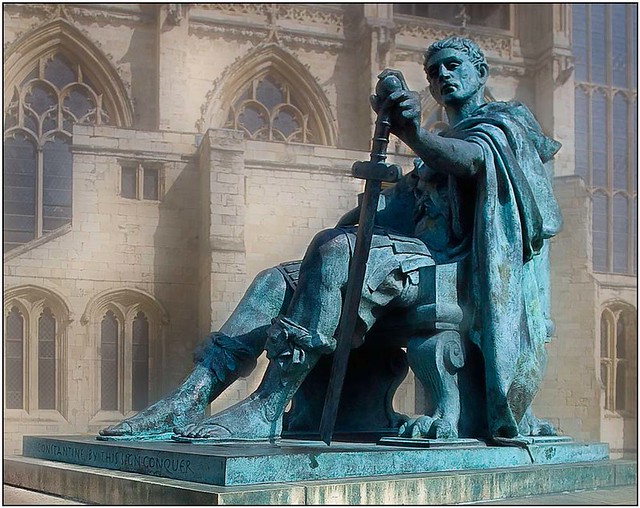Feel the Falseness (An Appeal To Faith Leaders)
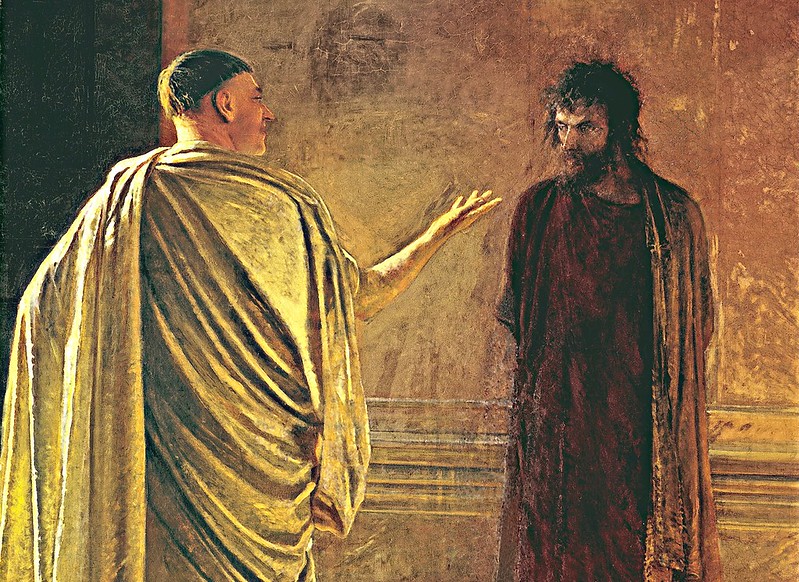
Feel the Falseness
Brian Zahnd
“The first precondition of being called a spiritual leader is to perceive and feel the falsehood that is prevailing in society, and then to dedicate one’s life to a struggle against that falsehood. If one tolerates the falsehood and resigns oneself to it, one can never become a prophet. If one cannot rise above material life, one cannot even become a citizen in the Kingdom of the Spirit, far less a leader of others.” –Vladimir Solovyov in his eulogy of Fyodor Dostoevsky
Can you feel it?
It’s all around you. But can you feel it? The falseness — the falseness that prevails in society. Most are so sedated they never even suspect it. Some sense it, but cannot name it. It takes a prophet to name it. Dostoevsky in his day was well aware of it, which is why he was so much more than a novelist. Dostoevsky wrote his dark, brooding stories because he felt the falseness. What we take for truth, for reality, for the way things are and the way we assume things must be is almost entirely false. The world as it’s arranged is built upon a foundation of falsehood. The prevailing falseness memorialized in marble and robed in glory can appear indisputable, but as Dylan says, “all the truth in the world adds up to one big lie.”
And now I will appeal to someone more authoritative then Dostoevsky or Dylan.
Jesus.
Read more
